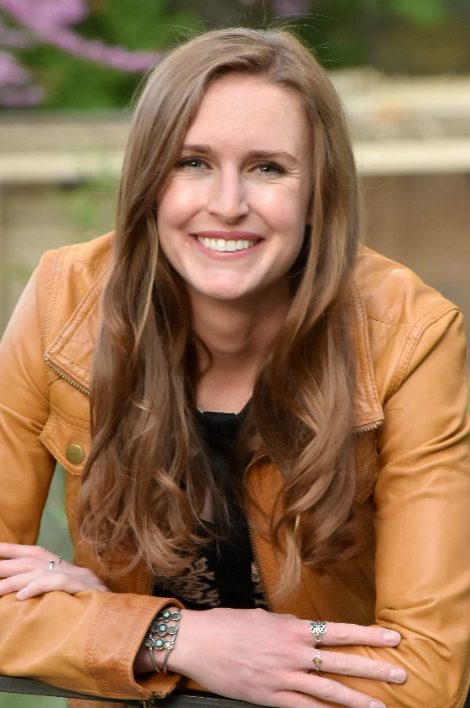A Case for Delayed Gratification
The idea of delayed gratification is a common adage encountered in medicine. Medical students and residents are told time and again to just suck it up, keep going, and don’t whine because “this is just the way things are.” The ultimate goal of becoming an independent physician takes years, sometimes even a decade, to reach (and this begins only after being a high-achieving undergraduate). But the reality is, delayed gratification is not unique to medicine. It is fundamental to life in general. Think about it, you don’t get toned muscles overnight, you don’t lose weight overnight, you don’t learn a language overnight. It’s all habit driven; it depends on minor efforts and practices every day. Consistency is what builds results, not a one-time decision. From these consistent, daily steps – no matter how small – grows a gradual return of effort. This gratification is indelibly delayed. But it is also the slowness of this change that makes it sustainable.
So, maybe it makes sense that medicine is delayed gratification, too. Certainly, the thousands of hours of patient care and clinical experience (on top of studying) slowly turn us into skilled, conscientious physicians. But the long hours of our training also hone the sustainability of our vocation. Thus, delayed gratification becomes an opportunity – one that is often denied to our cancer patients.
When we remember this, it helps ground us. And while it is challenging in the moment, the delayed gratification of our training builds resilience and patience, sculpting us into better physicians as well as better human beings. It’s an opportunity we cannot squander. We owe it to our patients.
But while this sounds lovely and wholesome, reality confronts us with a much more challenging barrier to hurdle. The seemingly endless delay of autonomy, mastery, financial stability, and life in general often pushes us to seek out forms of immediate gratification. Things like anxiolytics, alcohol, shopping, sugar, and other quick dopamine hits can lead to maladaptive coping and ultimately reliance on these crutches. While moderation in these activities has a perfectly healthy role in our lives if we so choose, habitual use can become debilitating, even threatening our careers for which we have given up so much. Residents in particular are no strangers to these temptations.
Deep down we all know that no good fix in life is a quick fix (unless it’s done by a trauma surgeon). As physicians, we delay for many years, and sometimes don’t ever feel like the gratification is ever won. But as radiation oncologists, we have to remember that the patients we take care of every day don’t always have that opportunity. We are humbled by their strength in the face of their disease. We feel gratitude for what we often take for granted: time.
Thus, our primary driving point this year was getting senators and members of congress to sign and support the prior authorization reform bill. The key barrier is the score.
It’s not the eventual goal of being an attending that is worth it; it’s the skills and resilience we build along the way. So at the end of it all, we are stronger, better human beings. And we have a pretty sweet gig, too.

Kyra N. McComas, MD
PGY5 chief resident, Department of Radiation Oncology, Vanderbilt University Medical Center.